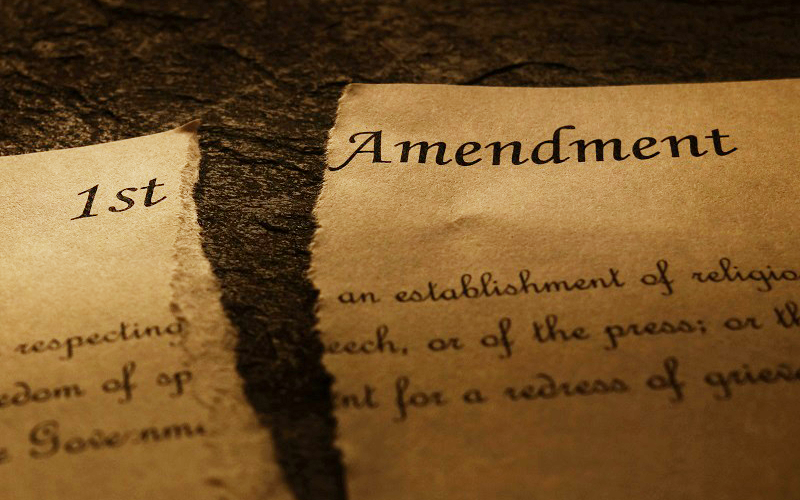Gordon Chang says China poses two threats to the United States through the social media platform.
"One of them is illicitly taking data from Americans," he begins. "The other, I think, is more important for Beijing, and that is using its curation algorithm of TikTok to sway public opinion in the United States."
He does not think it should surprise anyone that the communist country wants to know Americans' attitudes on gun control, religion, abortion, and more, because the Chinese will use that to sway large portions of the American public in the run-up to the November elections – a fact even the Department of Justice recognizes.

"We've got to remember that China wants to have a vote in this contest," Chang notes, asserting that is not out of friendly concern. "China's ultimate goal is to destroy the United States, and it's using political warfare against us."
Meanwhile, America is doing nothing to defend herself.
To keep from losing our country, Chang suggests that TikTok either be banned or sold to an American owner who controls the algorithm, the latter of which former President Trump tried to accomplish toward the end of his first term.
"That sale floundered not over price, but over control of the algorithm," the expert recalls. "That tells us what Beijing is doing with that very popular social media app."
Considering that TikTok has something like 170 million American users in the United States, or slightly more than half the entire American population, Chang says it is critical that Beijing does not control it.
"A lot of people say, 'Well, I'm just 17 years old. Why does China care about me?' Well, because every president of the United States was once 17 years old; China is going to use what it learns from TikTok eventually to blackmail people if there's sensitive material or to find out about attitudes," he explains.
So while younger Americans might not care now, he thinks they will when they get older.







